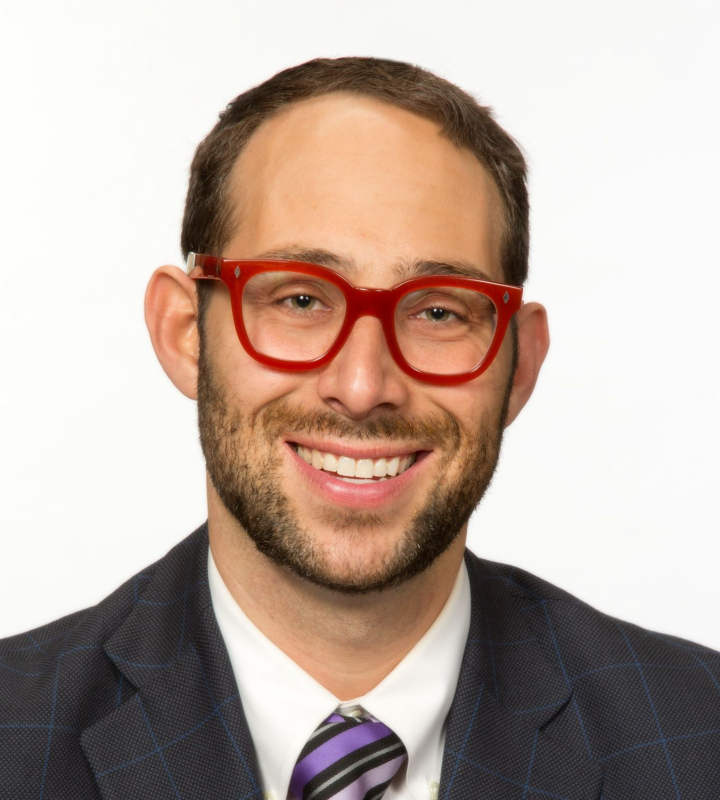A leading voice on the intersection of bioethics and law, Prof. Cohen is the author of more than 100 articles and chapters, and his award-winning work has appeared in leading legal (including the Harvard and Stanford Law Reviews), medical (including the New England Journal of Medicine, JAMA), bioethics (including the American Journal of Bioethics, the Hastings Center Report), scientific (Science, Cell, Nature Reviews Genetics) and public health (the American Journal of Public Health) journals, as well as op-eds in the New York Times and Washington Post. He is the author, co-author, editor, or co-editor of 13 books. His work has appeared in or been covered on PBS, NPR, ABC, CNN, MSNBC, Mother Jones, the New York Times, the New Republic, the Boston Globe, and several other media venues.
His current projects relate to big data, AI, health information technologies, mobile health, reproduction/reproductive technology, research ethics, organ transplantation, rationing in law and medicine, NFL players, and medical tourism. He was selected as a Fellow of the Radcliffe Institute and the Hastings Center.
Prof. Cohen is one of three editors-in-chief of the Journal of Law and the Biosciences. He has served on the Steering Committee for Ethics for the Canadian Institutes of Health Research (CIHR), the Ethics Committee for the American Congress of Obstetricians and Gynecologists (ACOG), and the Organ Procurement and Transplantation Network (OPTN).
